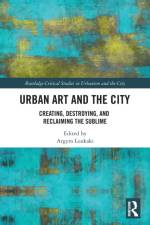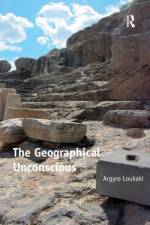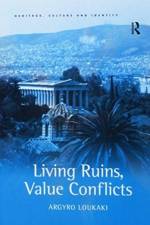von Argyro Loukaki
75,00 €
This book offers original interdisciplinary insights into cities as a diachronic creation of urban art. It engages in a sequence of historical perspectives to examine urban space as an object of apparent quasi-cycles and processes of constitution, exaltation, imitation, contestation and redemption through art.¿Urban art transforms the city into a human-made sublime which is explored in the context of the Eastern Mediterranean. The book probes this process primarily through the example of Athens and Byzantine Constantinople, but also Jerusalem, Cyprus and regional cities, revealing how urban space unavoidably encompasses a spatial and temporal palimpsest which is constantly emerging. It presents new ideas for both the theorization and sensuous conception of artistic reality, architecture, and planning attributes. These extend from archaic, classical and Byzantine urban splendour to current urban decline as constitution and attack on the sublime and back. Urban processes of contestation and redemption respond recently to the new 'imperialism of debt' and the positivist, technocratic understandings and demands of Euro-governments and neoliberal institutions, while still evoking older forms of spatial power.Offering fresh notions on art, architecture, space, antiquity, (post)-modernity and politics of the region, this book will appeal to scholars and students of geography, urban studies, art, restoration, and film theory, architecture, landscape design, planning, anthropology, sociology and history.



